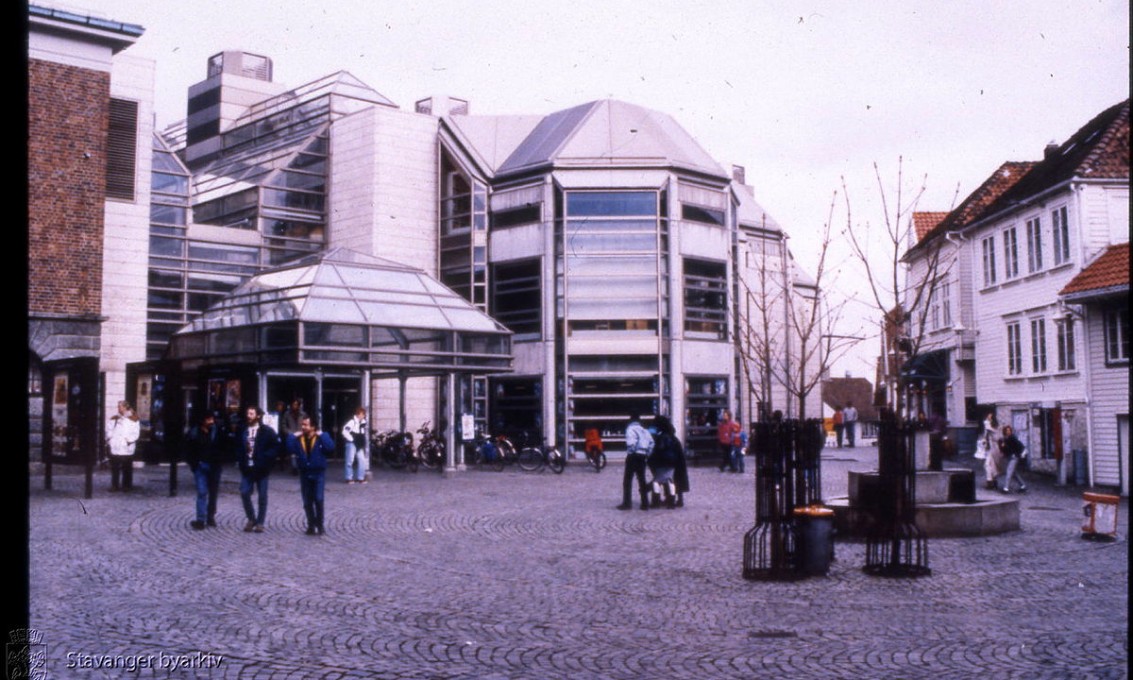On Tuesday, March 19, the Faculty of Social Sciences is hosting a festival for the entire region! Here you will find information about the programme and what to expect!
Kaleidoskop is a festival organized by the Faculty of Social Sciences. The Department of Media and Social Sciences, the Department of Social Sciences, the Norwegian School of Hotel Management and the Center for Gender Research will challenge the familiar and explore the unknown together with the region.
Sølvberget bibliotek og kulturhus. Sølvberggata 2, 4006, Stavanger.
Tuesday, March 19, 2024. At 12:40 pm. The festival is free and open for all!
Festival program
The festival has two parallel programes. This gives you the opportunity to tailor a personalized festival programme that includes everything you want to see!
The programmes take place in the møteplassen and kjelleren. In addition, there will be a workshop in allrommet.
Here you will find the programme for each room and a comprehensive programme with more detailed information.
The festival keynote is Bron Taylor.
'Dark Green' Nature Religion and the Future of Religion and Nature.
Based on her internationally influential book 'Dark Green Religion: Nature Spirituality and the Planetary Future', Bron Taylor will present evidence that a new global earthly religion has spread across the world. Read more about the presentation further down the page!

Dean of the Faculty of Social Sciences Turid Borgen opens the festival on March 19.
12:45-13:00 - Møteplassen
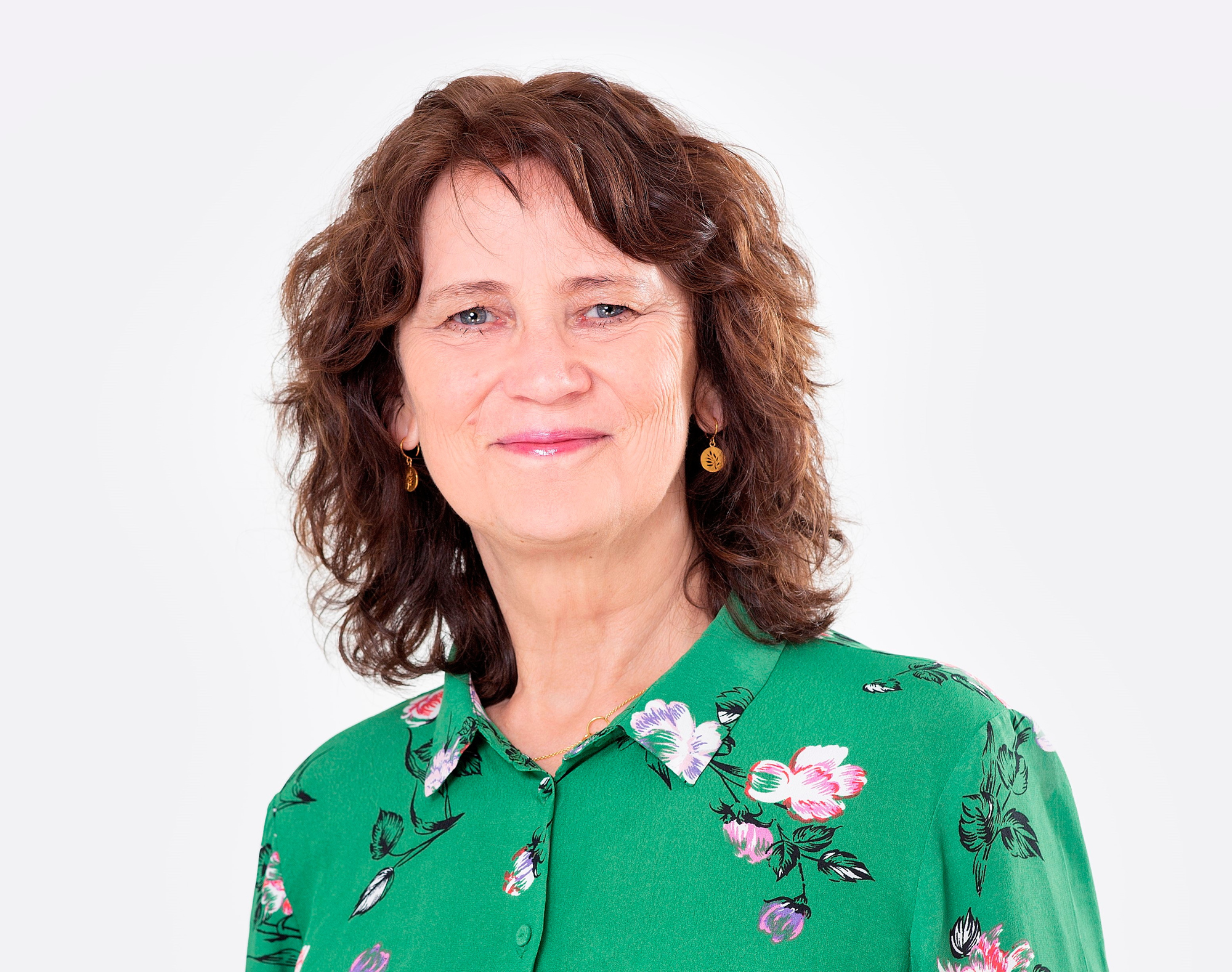
Turid Borgen is Dean of the Faculty of Social Sciences and Associate Professor of Journalism. She has extensive experience from the media industry, including as a journalist and editor at NRK Rogaland. She works in artistic development work with documentary film and conducts research in the areas of journalism, media management/editorial roles, media structures and documentary.
Entertainment, escapism and something more... The psychology of reading fiction
13:00-13:45 - Møteplassen
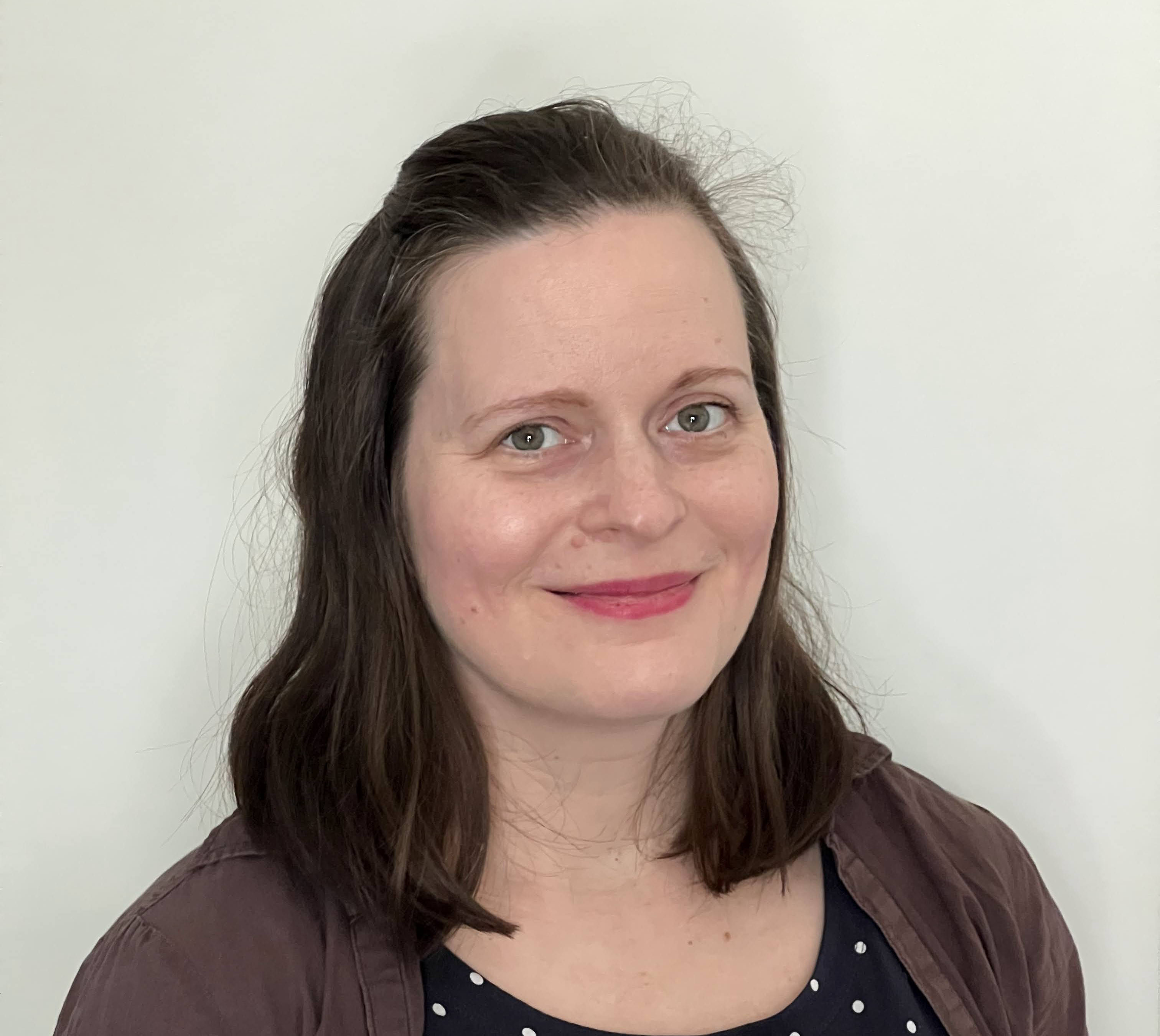
Research in psychology shows that reading fiction engages our social cognition, i.e. our thinking about others, and using our imagination via reading gives us pleasure. But do the different types of novels, for example, books with acknowledged literary value and "bestsellers/genre literature" (like crime, fantasy or romance) effect our mind differently? In a short talk, I will present some of the psychological effects of reading fiction on our mind based on the latest research in psychology and neuroscience. The talk is followed by a discussion about reading literature and popular fiction.
Presenter: Lilla Magyari, neuroscientist, associate professor in psychology at Institute for Social Studies, UiS
Discussant: Atle Skaftun, professor in literary studies at the Norwegian Centre for Reading Education and Reading Research, UiS
The talk presents research which has received funding from the European Union’s Horizon 2020 research and innovation programme under the Marie Skłodowska-Curie grant agreement No. 845343. Check out the project's website here!
Therapeutic writing: what is it and why does it work?
Parallel sessions: 14:00-14:45 - Kjøkkenrommet
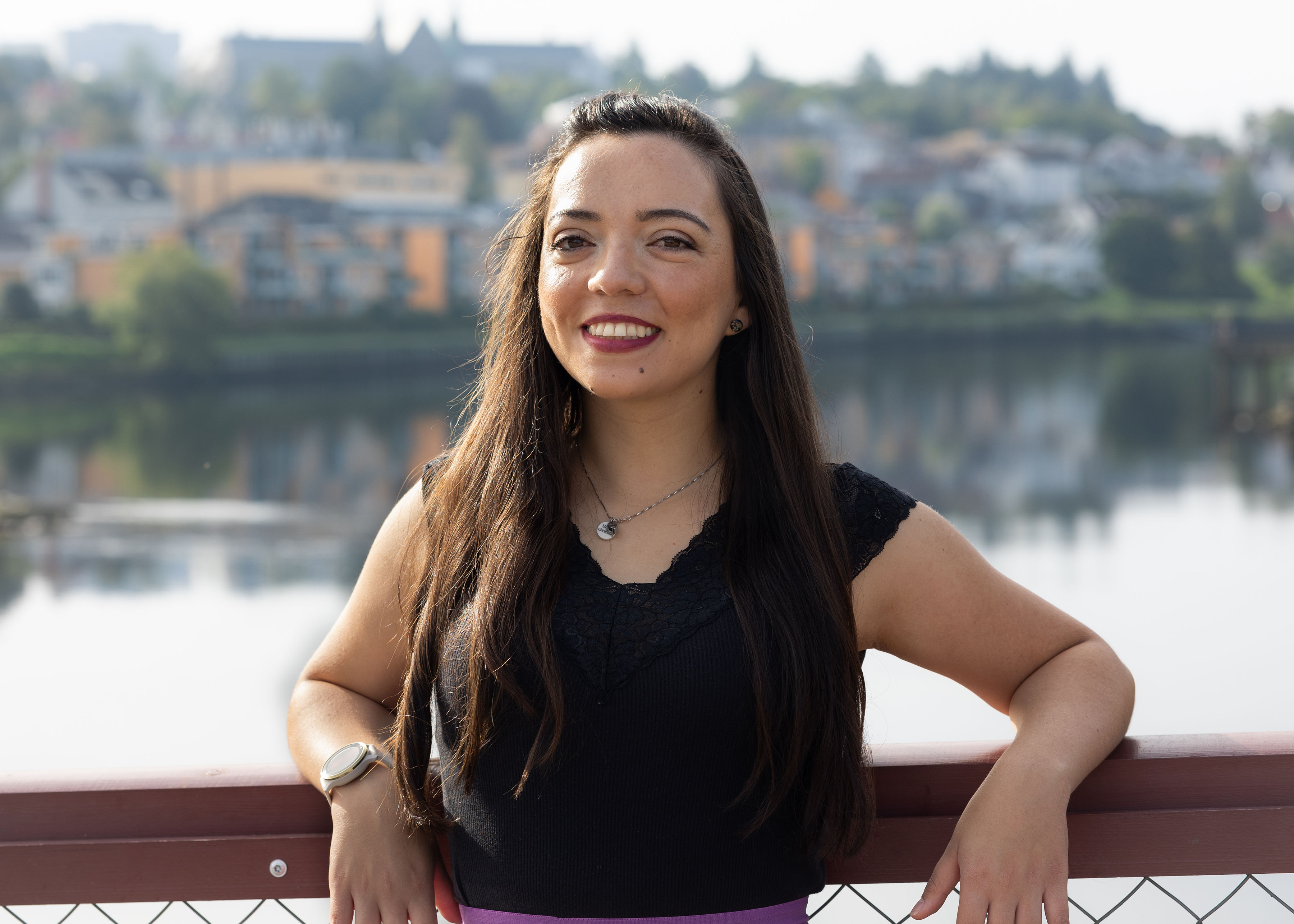
Can writing about what we struggle with help us?
What is the difference between writing as a hobby and using writing as a therapeutic tool?
What impact can writing have on our mental health and wellbeing?
In this workshop, you will learn the key elements that make writing therapeutic, as well as a few techniques for further practicing writing, either alone or, even better, as part of a group. You will also get concrete tips that you can use for yourself, or at work, to clarify what stress/overwhelm is trying to tell you, as well as to take better care of yourself or be more engaged in decision-making
The workshop is held in English. Register here!
The new normal
Parallel sessions: 14:00-14:45 - Møteplassen
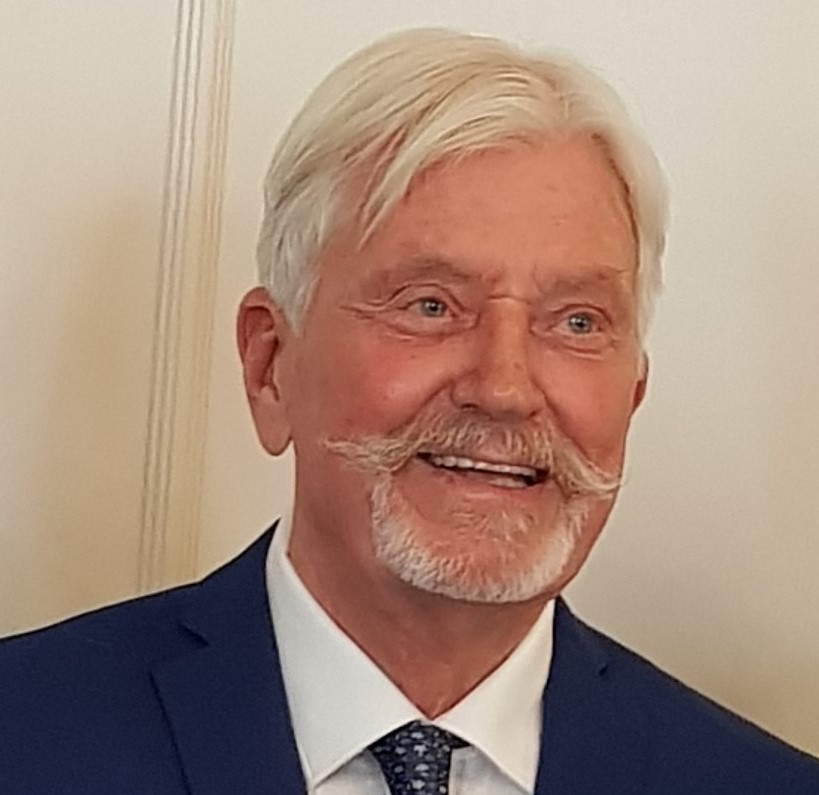
Are we living in post-normal times, characterized by increased complexity, chaos and contrasts in everyday life? If so, relying on the normal ways of thinking, existing and working - the ones that are largely responsible for the troubled state we are in - will not be an easy way forward. Rather, we need a reorientation and expansion of our ways of thinking and acting if we are to mitigate the coming crises and disasters and move towards a more life-affirming future. Many of us need to understand new types of change in order to respond to them wisely.
The presentation is based on a book manuscript that brings together themes around one main idea: what is the normality of our society, i.e. what most people take for granted and accept without strong objections and active thought. When and how does this normality shift to a new post
The emotional working life
Parallel sessions: 15:00-15:45 - Møteplassen
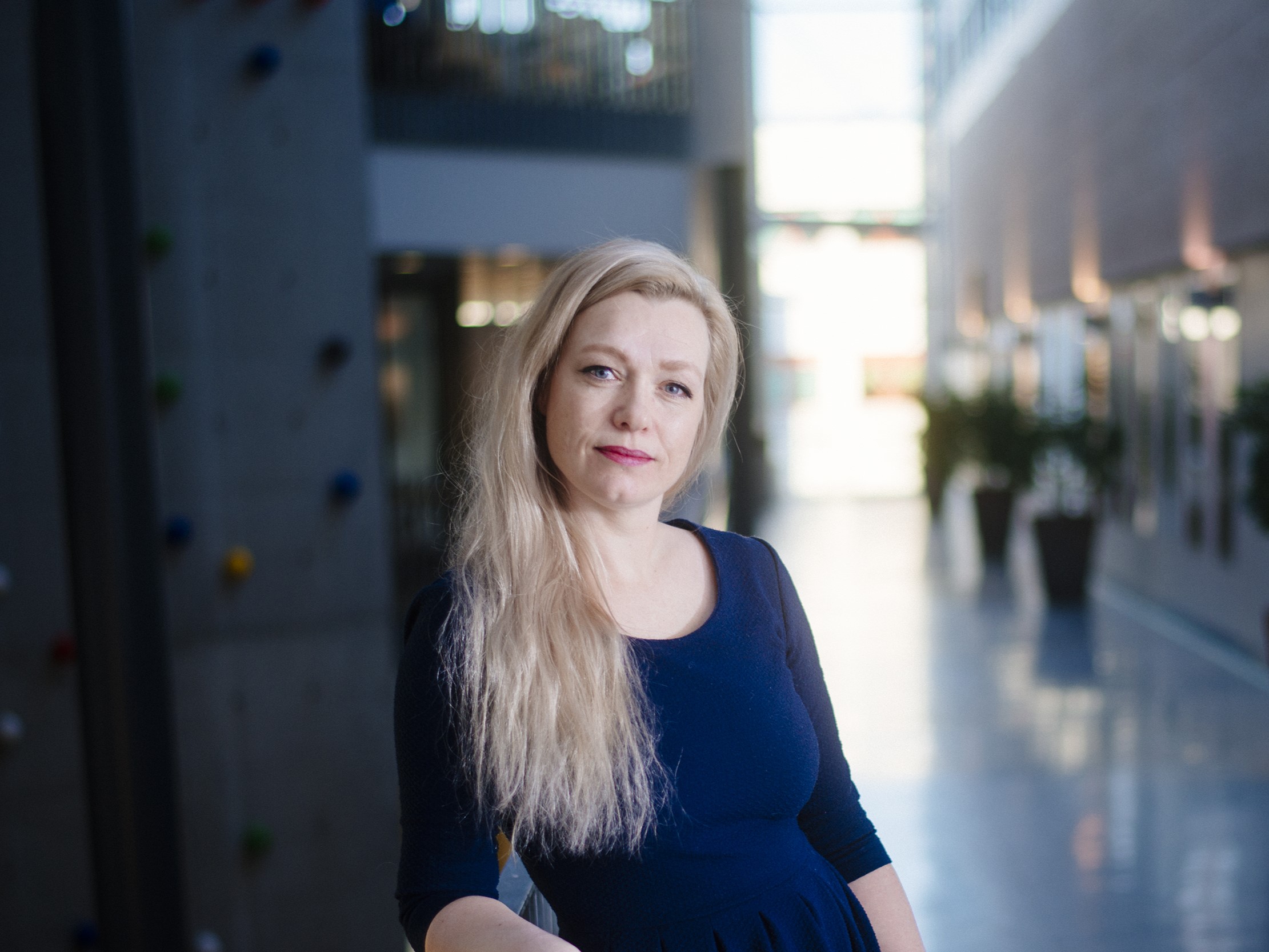
There is a traditional distinction between rationality and emotionality (reason and feelings) in work and working life.
In many cases, rationality is also held up as an ideal. Processes, decisions and behavior should preferably be accompanied by rational considerations where different options are weighed and assessed.
At the same time, we can see an increasing focus on the desire for emotional involvement and dedication at work. Companies are looking for employees who are willing to go the extra mile - employees who identify with their job, their professional role and have a sense of belonging to the workplace.
In this talk, you will hear more about how we can look at these processes from a sociology of emotion perspective. What is the relationship between the emotional and the rational in working life? How do our social rules affect the space for emotions and emotional expression at work? And not least, how do we handle the emotional rules of working life on a daily basis?
Tackling energy poverty in small municipalities: A needs assessment in Western Norway
Parallel sessions: 15:00-15:45 - Kjelleren
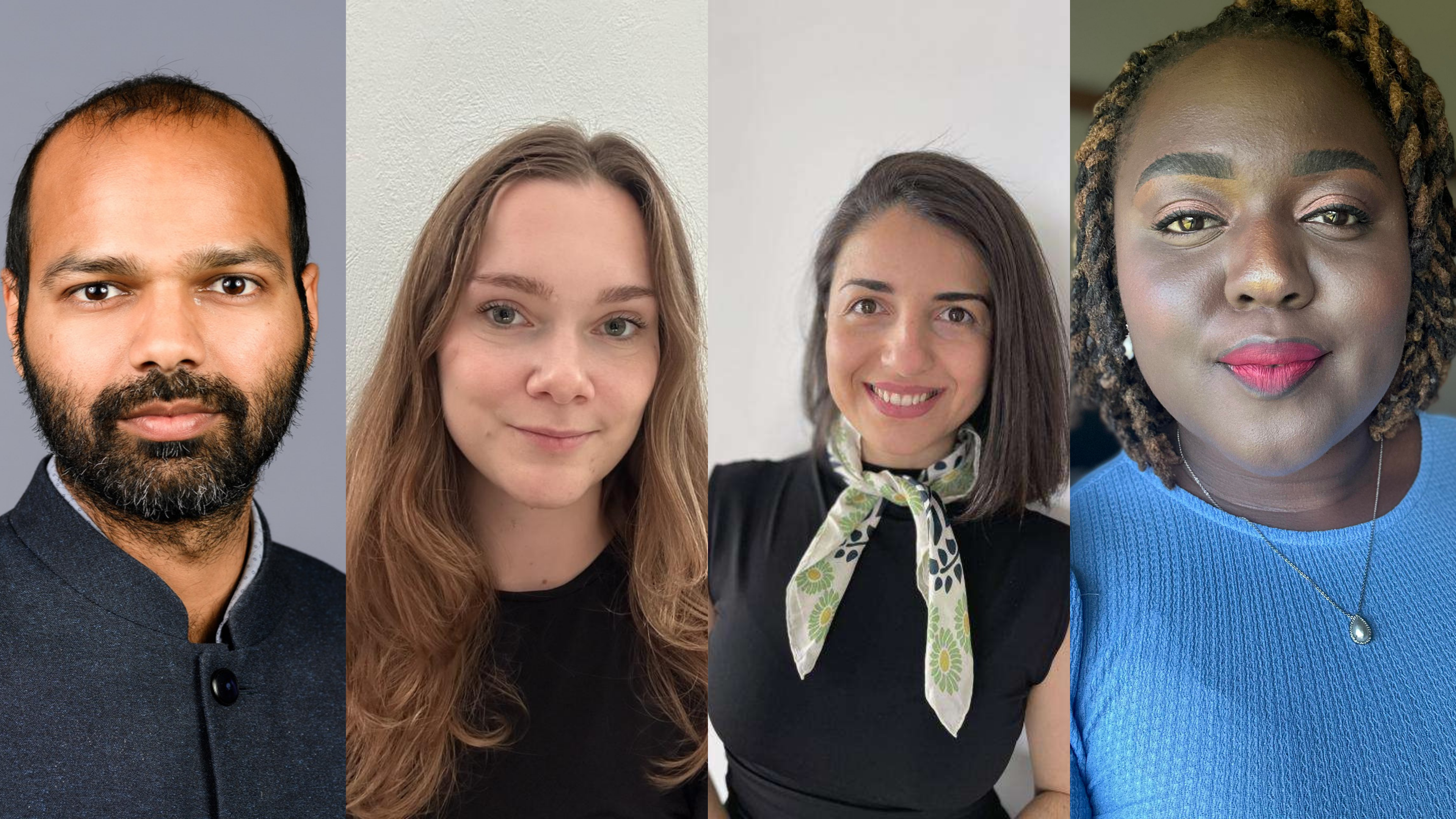
The lecture is based on a study of Klepp, Randaberg and Sandnes.
A policy focus on energy poverty is proliferating across Europe, accelerated by high energy prices due to geopolitical conflict and rapidly changing ontologies of electricity generation and grids. European Member States address energy poverty alleviation explicitly in their national energy and climate plans, and Associated Countries like Norway have begun to acknowledge its relevance in their energy policies in a context of increased grid interconnections, renewable energy generation, and the twin transition of digitalisation and decarbonisation through electrification across sectors. Yet how to tackle energy poverty in smaller municipalities with limited human resources remains relatively understudied.
Everyone is entitled to a good meal!
Paralelle sesjoner: 16:00-16:45 - Møteplassen
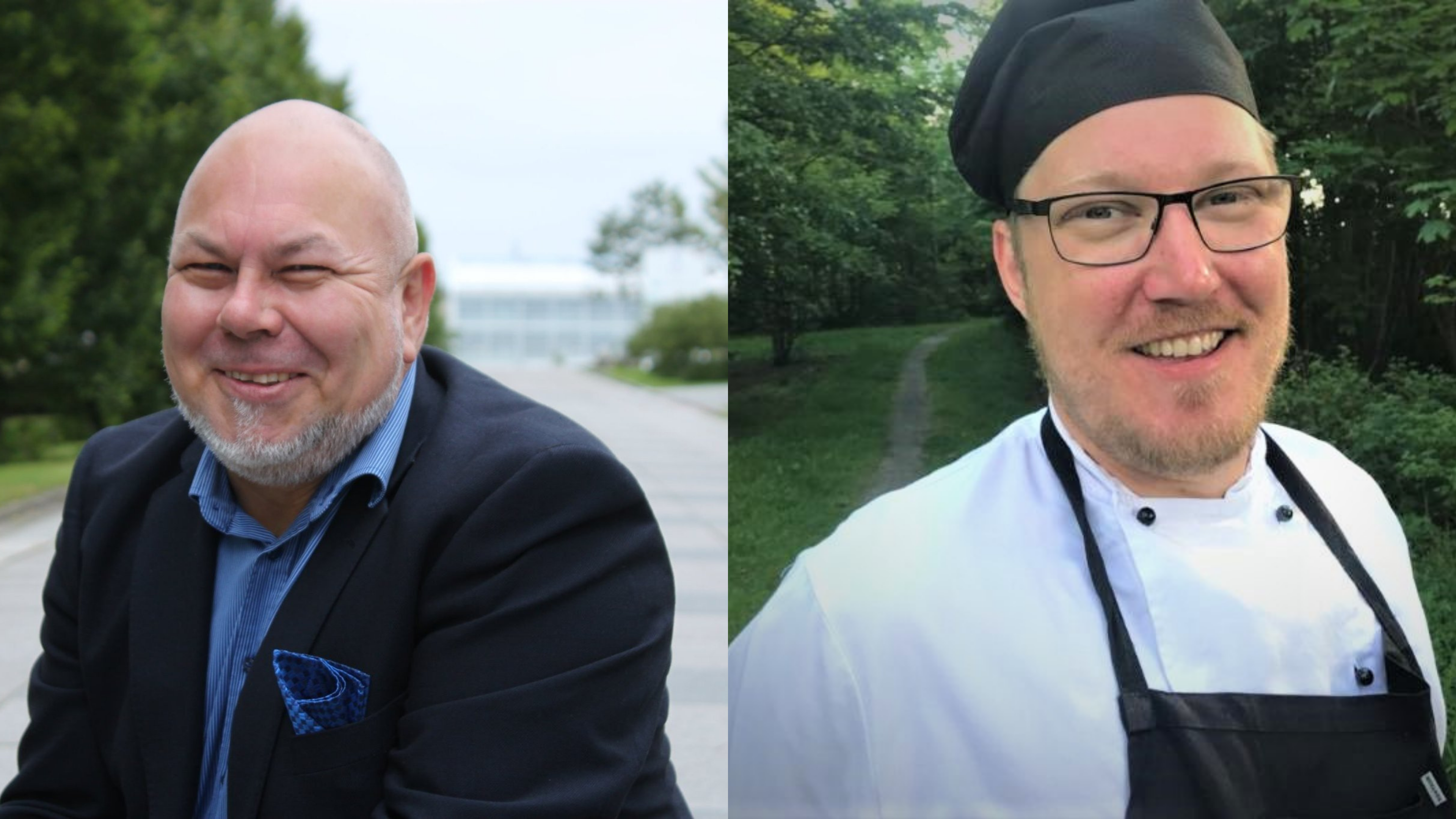
Hva er et godt måltid? Hvordan kan vi bruke mat til å redusere ensomhet blant både unge og eldre? Hva trengs for at skolebarn og beboere skal få gode matopplevelser?
Mennesker har alltid samlet seg rundt mat for ulike anledninger. Om det er i bursdager, høytider, bryllup, begravelser, arbeid eller private anledninger er måltidet ofte i sentrum. For en stor del av befolkningen er måltidene en viktig del av det sosiale. Det kan være på eldresenter og sykehjem eller i friminuttet på skolen.
På denne måten kan måltidet i seg selv kan være et redskap for å minimere ensomhet både blant eldre og unge. Alle har krav på gode og tilrettelagte måltider, uavhengig av aldersgruppe.
Discrimination: A blind spot in sports
Parallel sessions: 16:00-16:45 - Kjelleren
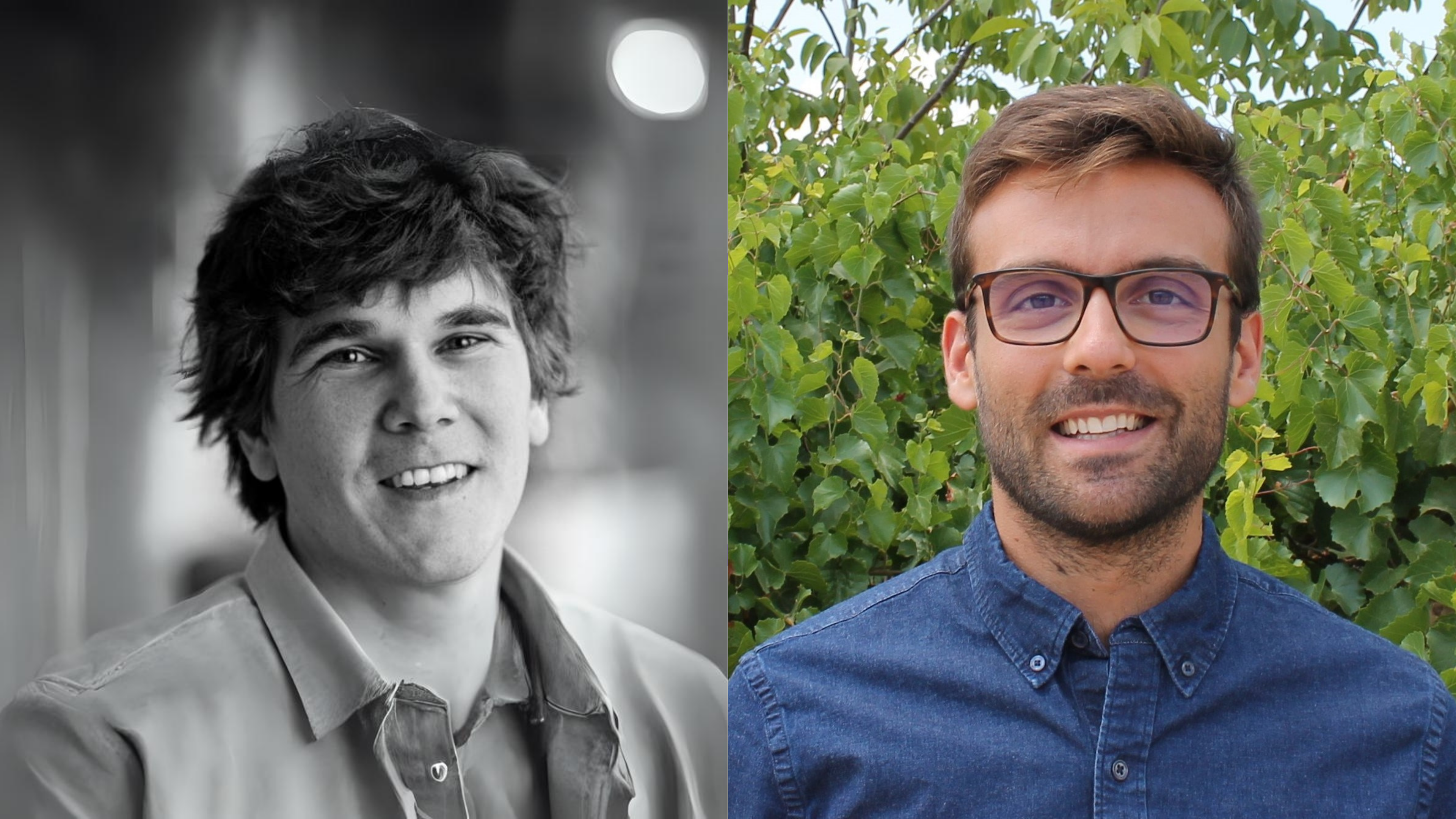
Carlos Gomez-Gonzalez is a researcher at the University of Zurich in Switzerland. Most of his research focuses on detecting and reducing discrimination in sports. While he focuses on sports, several of his findings can be applied to other societal settings.
In previous projects, Carlos examined amateur football. Using an experimental setup, Carlos research group contacted football clubs in 22 European countries with fictitious applicants. These applicants asked football clubs if they could come for a trial practice. The catch was that all applicants used the same text but signed the email with either a typical foreign- or native-sounding name. The results showed significant levels of discrimination all over Europe.
To reduce discrimination, Carlos research group worked together with the Norwegian Football Federation and designed an intervention. In his talk, Carlos will describe the setting, the intervention, and the effect it had.
SOUND
The band SOUND has elements of freer improvisation, spoken-word, fat bass grooves and catchy melodies.
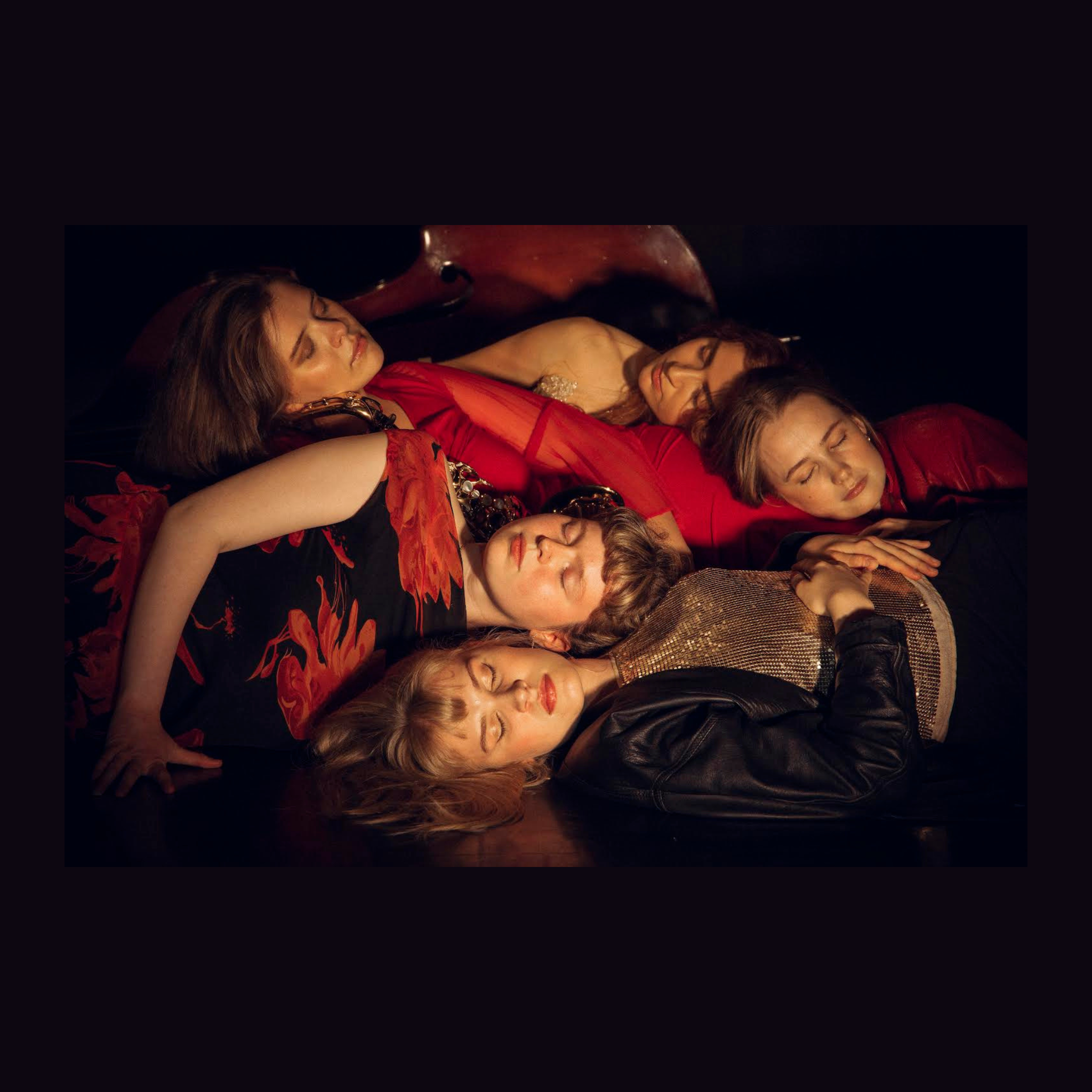
SOUND is a scenic band project based in Stavanger. The band has an exciting line-up
consisting of two vocalists, double bass, saxophone and dance. Here, dance and music are equal in both sound and visuals - as one unit. This creates a space where the performers can explore and play with the division of roles and interaction in the band.
Conveying emotions is central to the project. Through text, music and dance, they want to capture the nuances of the emotional life of an ordinary person, and with that comes vulnerability, anger and "sass". Inspired by musicians such as Beyoncé, Esperanza Spalding and John Coltrane, the music is a cross between jazz and pop with elements of freer
improvisation, spoken-word, fat bass grooves and catchy melodies.
Check out their performance from Bjergstedfestivalen at Loftet at TOU, November 2023!
Competence that makes a difference: energy transformation for a sustainable future
Parallelle sesjoner: 17:30.18:15 - Kjelleren
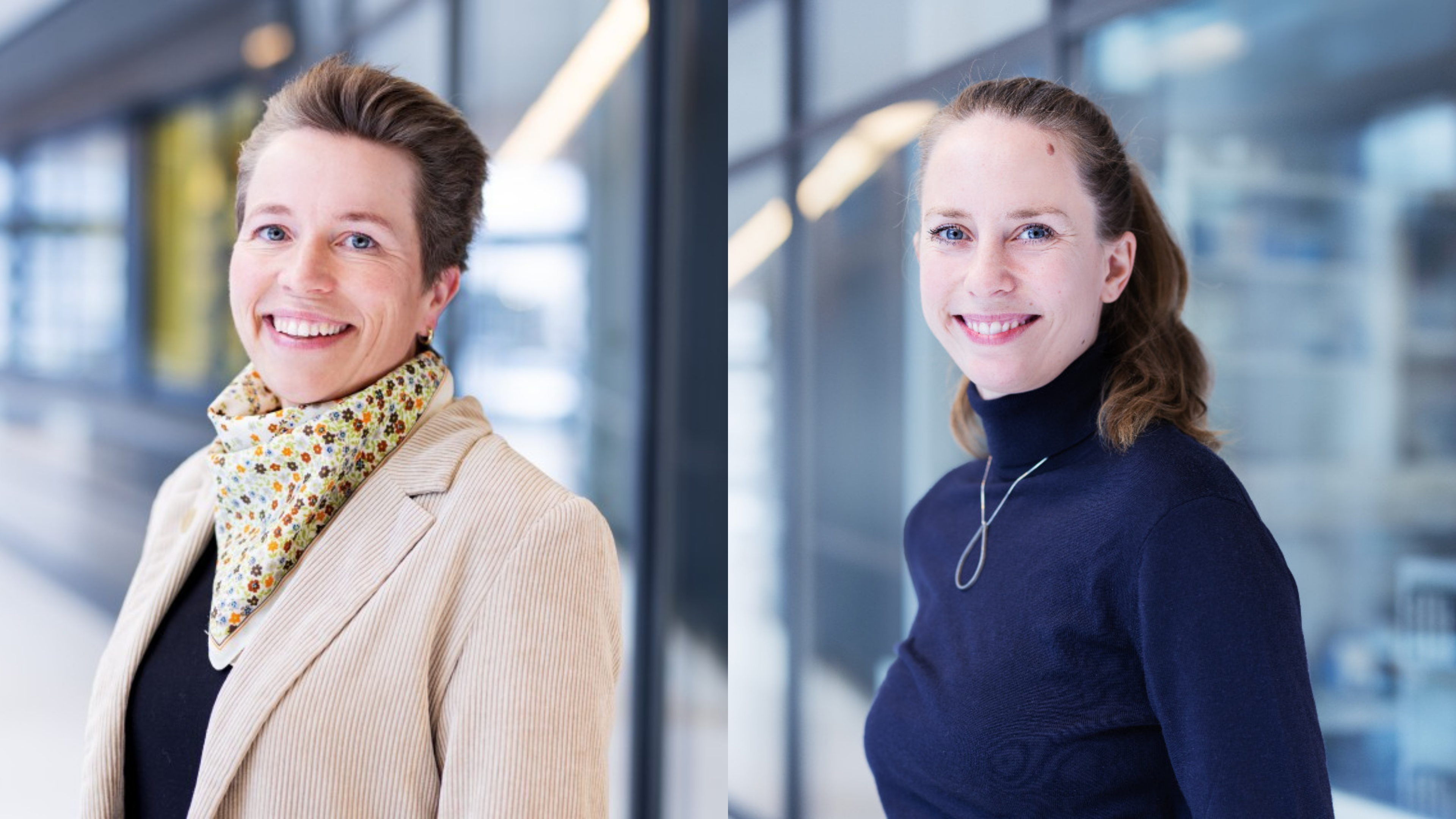
Welcome to 'Competence that makes a difference: energy transformation for a sustainable future'. This event addresses the transition in the Rogaland region, where we need to transform the income base for both businesses and individuals.
We will meet for a panel discussion where key players in business, academia and the public sector will put their heads together to succeed with the transition. The conversation will focus on key questions for the transition: What does it take to succeed with an energy transformation? What is the role of competence as a change agent? How can we work better together to succeed in the transformation? The event is open to everyone - business, academia and the public and voluntary sectors. We look forward to a constructive and action-oriented dialog to promote a sustainable future.
A panel discussion on business restructuring in the region led by Hanne Ersdal. The panel consists of Trude Furunes, Anna Enerstvedt and Claire Richardson-Dissel.
Slutten på transnasjonal adopsjon i Norge? En samtale med Uma Feed
Parallel sessions: 17:30.18:15 - Møteplassen
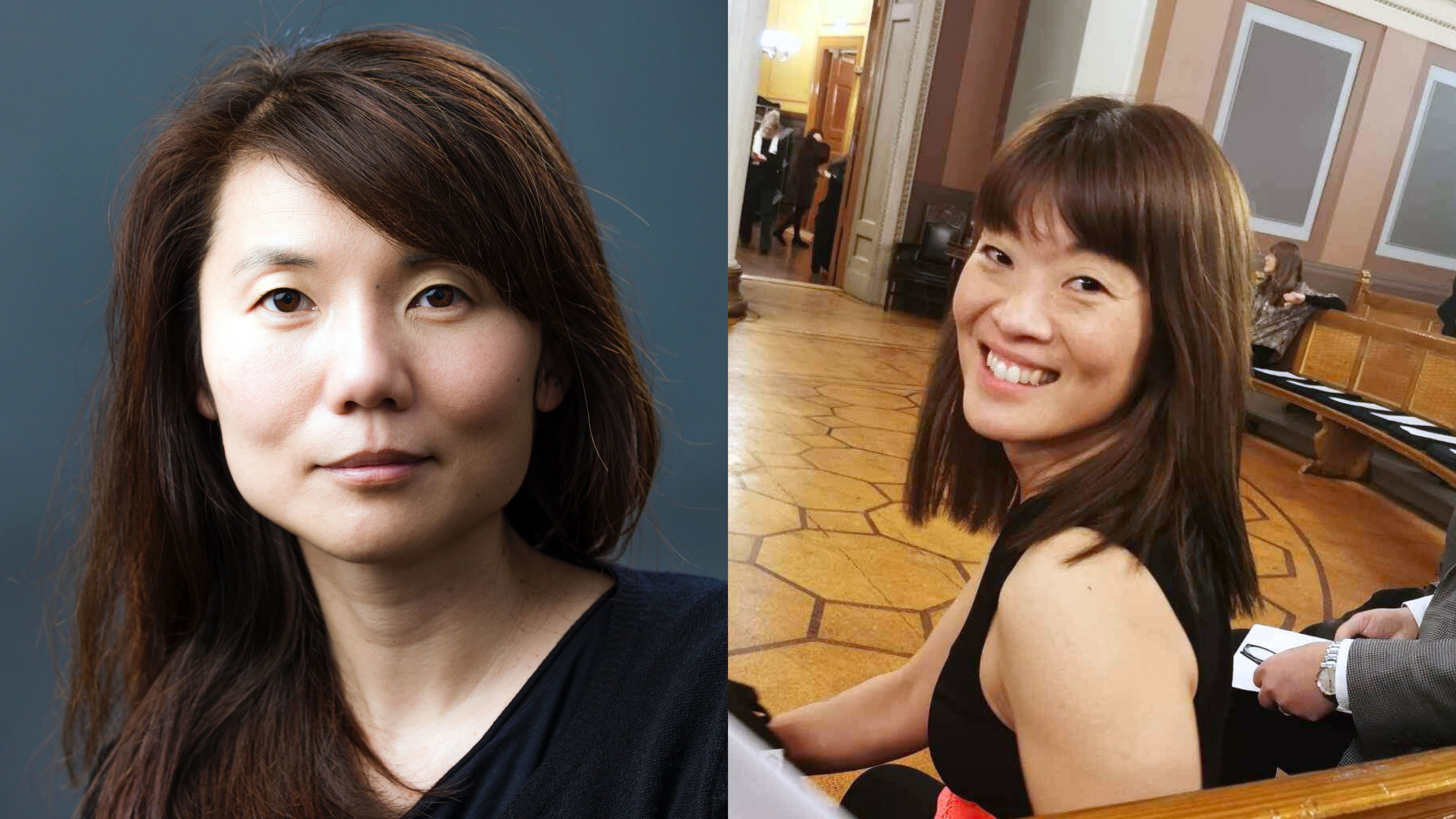
More than 20.000 children have been transferred to Norway through the transnational adoption system since the 1960s.
The public image of transnational adoption has been dominated by romantic and humanitarian narratives portraying adoption as a ‘good deed’ and as the last option for giving vulnerable children a family. In recent years, however, a growing number of adoptees have voiced strong critiques of the transnational adoption system and adoption activists have uncovered numerous illegal practices. Investigative commissions have now been launched in both Norway and Sweden, and Denmark is expected to follow soon.
The event will take stock of these developments. Why are many transnational adoptees critical of the adoption system? How is adoption connected to racism and inequality? And what awaits if the transnational adoption system is permanently ended? What dreams and visions of justice and change are part of adoption critique?
Key note: 'Dark green' nature Religion and the Future of religion and nature
18:30-19:45 - Kjelleren
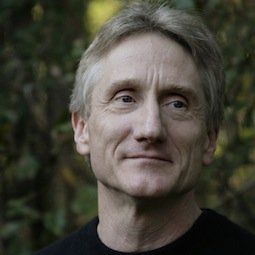
New Religions come and go but some persist and become major global forces. In this presentation, drawing on his internationally influential book, Dark Green Religion: Nature Spirituality and the Planetary Future, Professor Bron Taylor presents evidence that, especially since Charles Darwin published On the Origin of Species in 1859, a new, global, earth religion has been rapidly spreading around the world. Taylor argues that whether dark green spiritualities involve conventional religious beliefs in non-material divine beings or are entirely naturalistic and involve no such beliefs, they all consider nature to be sacred, imbued with intrinsic value, and worthy of reverent care. Those having affinity with such spiritualities, Taylor further avers, have strong feelings of belonging to nature, express kinship with non-human organisms, understand the world as deeply interconnected, and consider the defense of Earth’s biocultural diversity to be a central moral duty. Through an evocative global tour, Taylor provides many examples of the ways individuals (including artists, scientists, filmmakers, photographers, surfers, and environmental activists), as well as institutions (such as museums, schools, and the United Nations) are expressing and effectively promoting these dark green sentiments and values. His presentation provides an opportunity to consider what such spirituality may portend for the religious and planetary future.
The role of social science in Rogaland and beyond
20:00-20:45 - Møteplassen
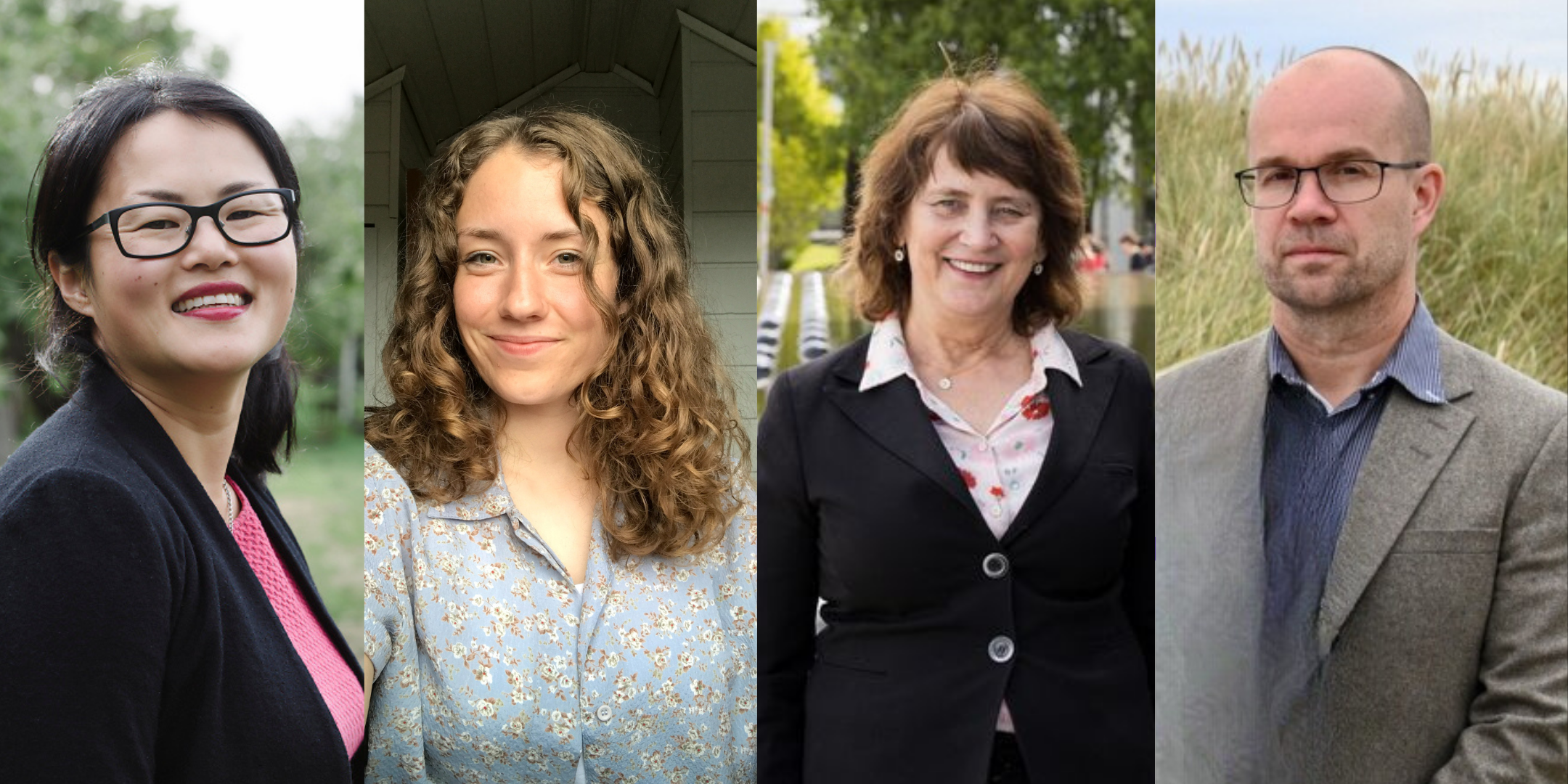
In 2024, the University of Stavanger will celebrate its 20th anniversary. We have worked hard to get where we are, and we will continue to do so. In the work ahead, it is important to ask ourselves the important questions.
In what areas can social sciences play an important role in the years to come, both in Rogaland and beyond?
How do social science researchers and local communities collaborate to produce knowledge? Is there a need to strengthen these relationships? How can we possibly do this? Are there any acute challenges for the region and Norway that risk being overlooked by social science research?
These questions are central to this debate.
Borgen, Head of the Department of Social Sciences Kollbjørn Brønnick and sociology students Bo Aleksander Nielsen Strømnes and Benedikte Pedersen.
